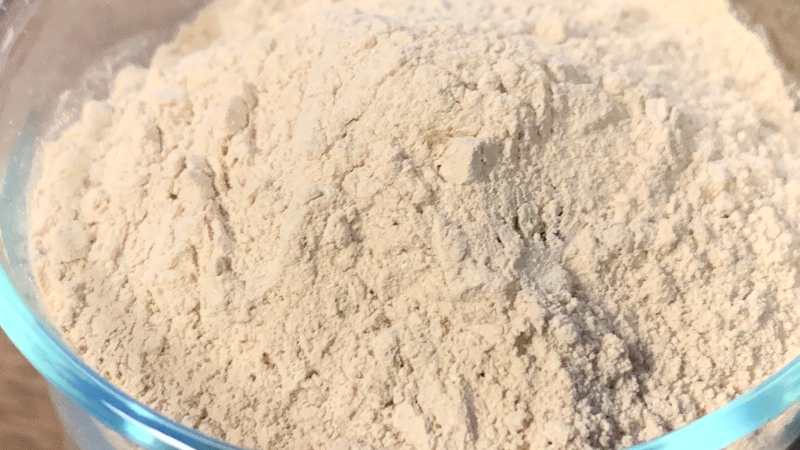The Importance of Moisture Content in Bentonite Sulfur Clay

Not Too Wet. Not Too Dry. Just Right.
The purpose of degradable sulfur is to degrade in the soil. Otherwise, it is of little use to the grower and their crops.
One of the keys to manufacturing a bentonite sulfur product that will provide optimum degradability is to properly remove the free moisture in the clay – while leaving the bound moisture that is essential to the bentonites ability to absorb moisture and swell in the soil.
Getting it right starts by choosing a premium clay that is dried to exacting specification, and requires a tightly controlled manufacturing process.
The goal is to ensure the clay in the manufactured pastille is not too wet and not too dry… but just right.
Too wet
Raw bentonite clay will typically have a moisture content around 13%. Clay manufactures can get it down through various drying processes.
The challenge manufacturers face is that the free moisture must be removed, while the bound moisture must remain. Any “free moisture” in the clay will be driven off as steam when mixed with molten sulfur in the manufacturing process. High amounts of moisture cannot be safely removed during the manufacturing process. This would result in the release dangerous SO2 and H2S gasses – which would pose an immediate danger to plant workers – even at levels in the parts per million. For this reason, bentonite fertilizer manufacturers require clay suppliers to draw down the moisture level in their bentonite prior to delivery.
Most bentonite sulfur fertilizer manufacturing facilities are set up to handle clay content with a moisture level around 4%. To achieve this, their clay suppliers need to mechanically dry their clay using heating equipment.
Too dry
Yet, when the clay is mechanically cured to 4% using heat, it can make the clay too dry. This affects its ability to swell and breakdown in the soil.
When you look at a clay particle under a microscope, it is made up of platelets of positive and negative electrons. If the clay particle is overheated in the drying process, it can cause these platelets to collapse … and the clay particle to shrink in size. When this happens, the clay will harden. (Manufacturers sometimes refer to overheated clay as “ash”.)
Fertilizer made with overheated clay will result in performance issues in the fields. While the fertilizer will meet the sulfur analysis. If the clay cannot swell, the pastilles will not degrade. They will remain intact in the soil.
By using a bentonite sulfur product made with inferior clay, the grower ends up paying big money for fertilizer his crops will not receive. The crops will suffer, and reduced yields will be the inevitable result.
Just right
To avoid drying out their clays, North America’s premier suppliers of bentonite air-dry their clay until they achieve an optimum moisture level of 6-7%.
At 7%, any excess moisture can be safely boiled off through the manufacturing process, providing the plant is properly equipped.
This extra step to air dry the clay will increase its wholesale cost, but it is worth every penny to a fertilizer company that is committed to manufacturing a premium product. A properly dried clay will ensure optimal swelling and degradability – for more consistent performance.




